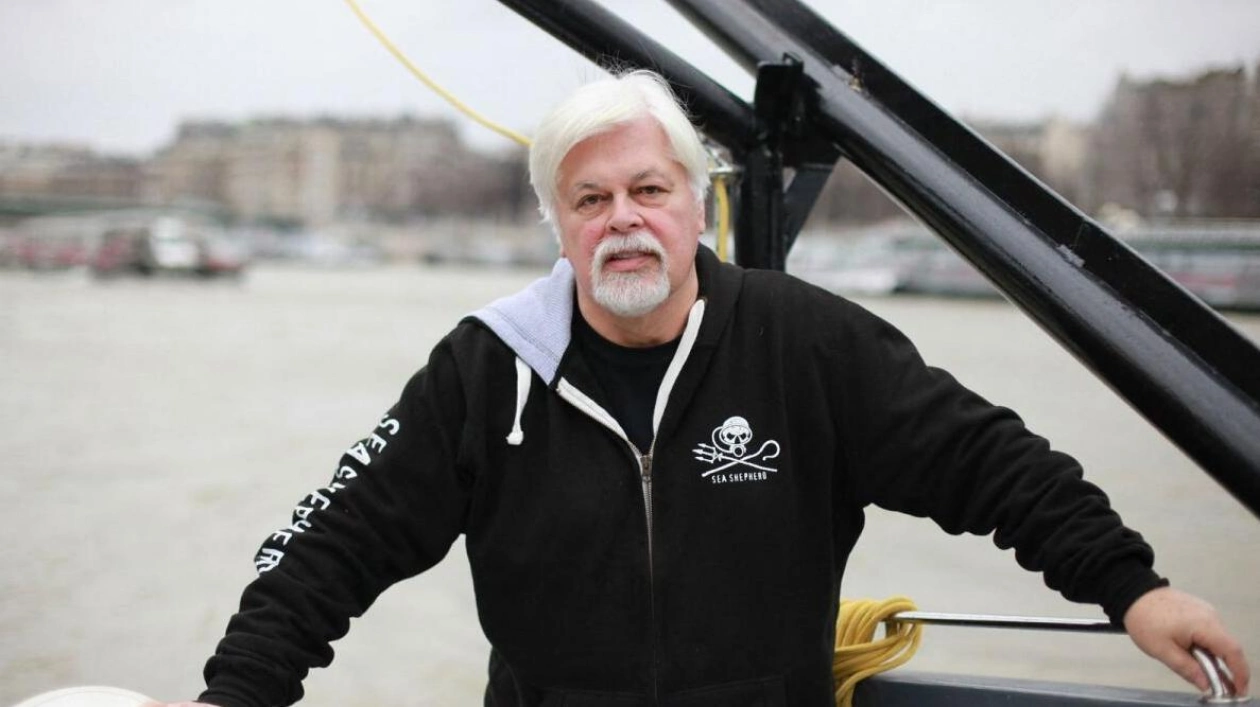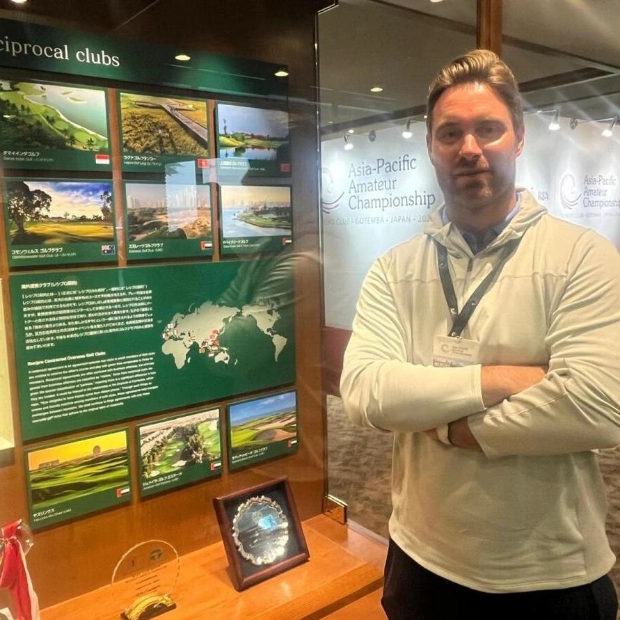A court in Greenland has extended the detention of anti-whaling activist Paul Watson for an additional three weeks, as the legal process regarding his potential extradition to Japan continues. This marks the third time since Watson's arrest in late July in Nuuk, the capital of the Danish autonomous territory, that prosecutors have sought an extension of his detention. The legal review of Japan's extradition request is still ongoing.
In a statement, the police announced that 'the court in Greenland has today decided that Paul Watson shall continue to be detained until October 23, 2024, to ensure his presence in connection with the decision on extradition.' Watson's supporters had anticipated this decision, and his lawyer, Julie Stage, expressed her belief that he should be released. 'At some point, you'll reach the problem of proportionality,' she said, referring to the duration of his detention relative to the alleged crime.
Watson, known for his radical tactics against whaling, including confrontations with whaling ships at sea, was arrested on July 21 when his ship, the John Paul DeJoria, docked in Nuuk for refueling. He was detained based on a 2012 Japanese arrest warrant, which accuses him of causing damage to a whaling ship in 2010 and injuring a crew member with a stink bomb. Watson's lawyers have contacted the UN special rapporteur on environmental defenders, claiming that he risks 'inhumane treatment' in Japanese prisons. They argue that Japan's extradition request is based on 'false' claims and have video footage they believe proves the crew member was not on deck when the stink bomb was thrown.
However, the Nuuk court has refused to view the footage, stating that the hearings are solely about his detention, not the question of guilt. Watson's lawyers also argue that the crime is not punishable by a prison sentence under Greenlandic law, and thus he should not be extradited. Watson and his legal team are awaiting a decision from Denmark's justice ministry on whether it will approve Japan's extradition request. The ministry has confirmed that the legal review is 'underway' but has not provided a timeline for a decision.
Lamya Essemlali, the head of Sea Shepherd France, criticized the slow process and the worsening conditions of Watson's detention. 'They have cut almost all his contact with the outside world. He's only allowed to speak to his wife for 10 minutes a week,' she said. Over 100,000 people have signed a petition calling for Watson's release, highlighting his controversial tactics in environmental activism. Politically, France, where Watson lived until his arrest, has urged Copenhagen not to extradite him.






